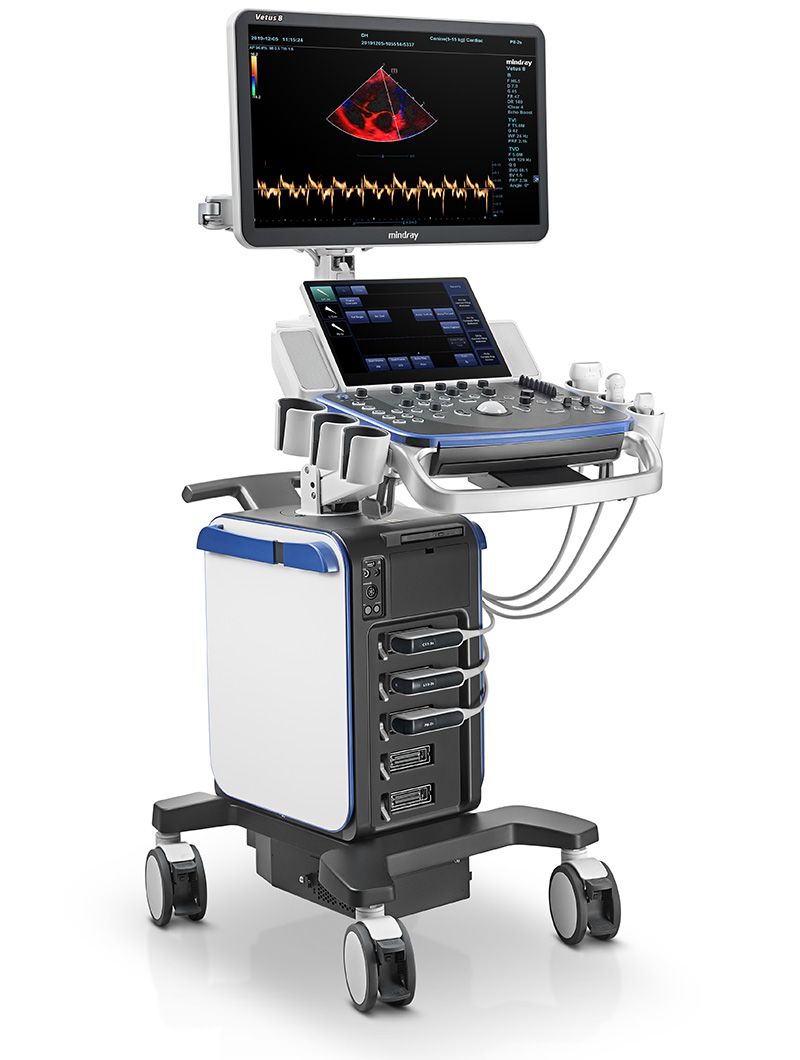As a #cat person, have you ever paid attention to the health of your cats' heart?
ONE in every SIX cats has hypertrophic cardiomyopathy.
Hypertrophic cardiomyopathy (HCM) is the most commonly diagnosed cardiac
disease in cats.
Estimated prevalence of HCM in cats is about 15%. In
older cats, the prevalence is much higher,
with up to 29% reported.
The heart is like a pump that sends blood around the body.




Normal heart feeding a constant stream of energy for your cats.



Hypertrophic


Thickened heart muscle reduces the amount of blood the heart can hold and blocks the blood flow resulting in insufficient energy supply and other symptoms due to ischemia.
What can be done to pay attention to your cats' heart healthiness on a daily basis?
No.1

Keep a healthy diet, buy cat foods from trusted stores, and ensure a sufficient taurine intake.
No.2

Minimize stress response behaviors in the cat.
No.3
Take it to the vet immediately if your cats is showing:
- Poor appetite and lethargy

- Sudden limb paralysis or fainting

- Purplish coloring on the footpads, tongue, and gums, or
cold hind legs

- Shortness of breath after mild activities or even
breathing distress at rest

No.4

Most important,
take your cats for health checks
regularly!
Take cardiac ultrasound exam at least once
a year (the most effective early screening)
Cardiac ultrasound is the gold standard for diagnosing feline hypertrophic cardiomyopathy.
Real-time heart visualization
Non-invasive and non-radiation exposure
Intuitive and easy to track
Other common diagnostic methods

Auscultation
Findings: Gallop rhythm or heart murmurs
Disadvantage: Heart
murmurs have a low correlation with incidences of HCM

X-ray
Findings: Enlarged heart or fluid on the heart
Disadvantage: Insensitive to mild or
moderate heart changes

Blood test
Findings: Rise in NT-ProBNP
Disadvantage: High correlation with heart failure, low
correlation with cardiomyopathy
Gold standard for cardiac ultrasound exam
Vetus series veterinary ultrasound solutions
Dedicated veterinary
preset:
High image quality

iWorks standard
protocol:
Rapid diagnosis, no missed sections

Dual-probe
solution:
One plus one, greater than two

Find animal hospitals or clinics with Vetus ultrasound solutions for a trusted diagnosis.
Early diagnoses and treatments for feline HCM are essential.
Do not miss the precious opportunity of early preventions and treatments for cats.
Let the companion last longer.






